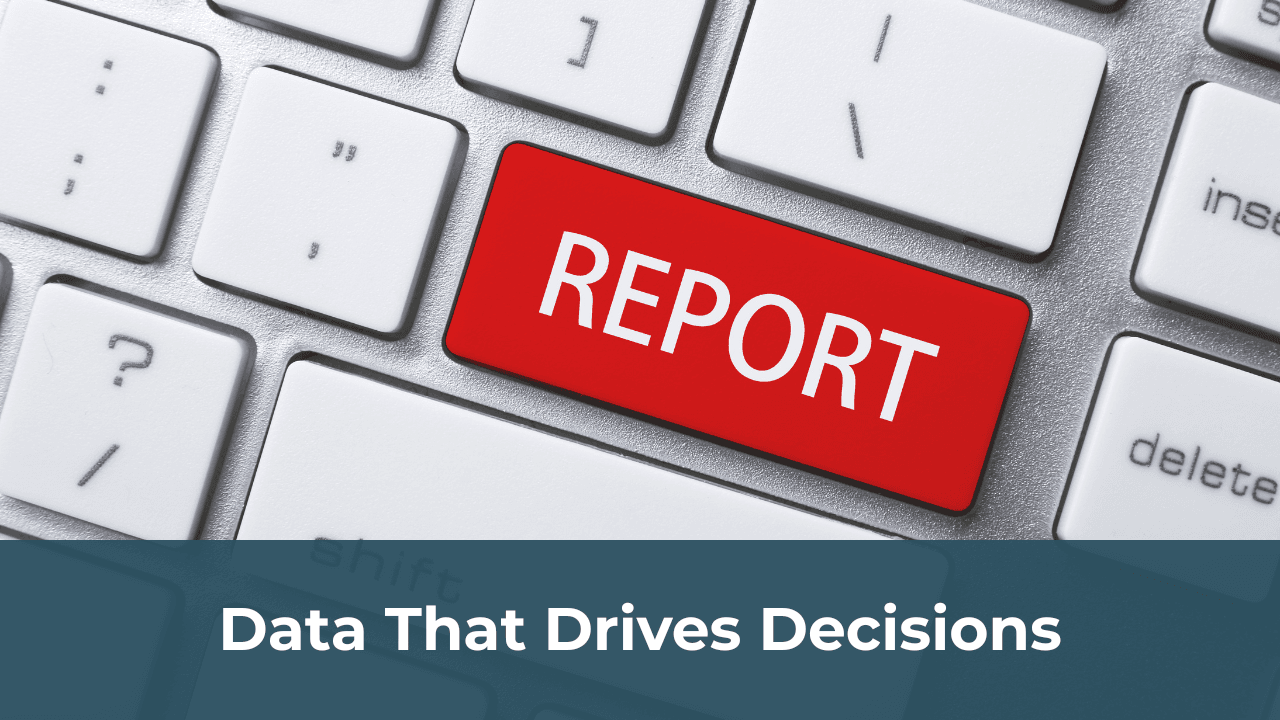What Is Business Reporting and Why It Matters for SMBs
In today’s fast-paced economy, small business owners can’t afford to operate on instinct alone. Whether you’re running a plumbing company in Florida or a SaaS startup in California, you need clarity—not just numbers. That’s where business reporting comes in.
Business reporting helps you track performance, understand trends, and make smarter decisions. It’s more than generating reports—it’s about turning data into action.
In this guide, we’ll break down what business reporting is, the different types, and six powerful reasons why every U.S. SMB should prioritize it in 2025.
What Is Business Reporting?
Business reporting refers to the structured collection, organization, and presentation of financial and operational data to evaluate business performance. It includes:
- Financial reports (P&L, balance sheet, cash flow)
- Sales and revenue reports
- Operational KPIs
- Project and job cost reports
- Budget vs. actual summaries
These reports can be generated weekly, monthly, or quarterly and are used by owners, managers, accountants, and even external investors.
Business reporting allows you to:
- See what’s working and what’s not
- Compare performance over time
- Align teams around clear goals
- Respond quickly to problems
- Stay compliant and audit-ready
Types of Business Reporting SMBs Should Use
There are many types of business reports. The most common and useful ones include:
Financial Reports
These help you monitor profitability, cash flow, assets, and liabilities.
- Profit & Loss Statement
- Balance Sheet
- Cash Flow Statement
- Budget vs. Actuals
Sales and Revenue Reports
Track revenue by customer, service, product, or region.
Operational Reports
Monitor internal efficiency and productivity—especially useful in service industries.
Project Reports
Job profitability reports show if your projects stay on budget or become a loss center.
KPI Dashboards
A visual summary of performance metrics like revenue per employee, conversion rates, or churn rate.
Why Business Reporting Matters: 6 Key Benefits for SMBs
Let’s explore why business reporting isn’t just nice to have—it’s mission-critical.
1. Better Decision-Making
Business reporting gives you hard data to support your strategy. Instead of guessing whether to expand a product or hire more staff, you can review trends and forecasts to make smart moves.
Real example: A New Jersey e-commerce brand used product-level sales reports to stop promoting a low-margin item—boosting profit 18% the next month.
2. Financial Clarity and Cash Flow Control
Many SMBs go under not due to lack of revenue, but due to poor cash flow visibility. Business reporting helps you:
- Monitor outstanding receivables
- Spot overdue bills
- Understand your real bank balance after liabilities
With proper reporting, you can project cash needs weeks in advance.
3. Track Performance Over Time
Business reporting allows you to compare performance across months, quarters, or years. This is especially helpful in seasonal businesses like landscaping, construction, or retail.
For example, a roofing contractor in Arizona compares revenue by quarter to optimize off-season marketing.
4. Accountability and Transparency
When you share business reports with your team, it builds a culture of ownership. Sales teams see their impact. Operations teams understand cost overruns. Everyone becomes part of the business success.
5. Helps with Funding and Growth
Lenders and investors want clean, consistent reports. Whether you’re applying for an SBA loan or pitching to a VC, strong business reporting gives you credibility.
Clean reports show:
- Profit trends
- Customer growth
- Margin health
- Expense control
6. Prevent Costly Mistakes
Reporting acts like an early warning system. By reviewing your numbers regularly, you can spot:
- Unusual expenses
- Drop in client retention
- Low-margin service lines
- Vendors overcharging over time
One construction SMB in Texas we worked with avoided a $5,000 loss by catching a cost spike in material receipts.
Tools for SMB Business Reporting
You don’t need to spend a fortune to build a reporting system. Here are tools commonly used by SMBs:
- QuickBooks or Xero (financial reporting)
- Google Sheets or Excel (manual dashboards)
- Power BI or Google Looker Studio (visual dashboards)
- CRMs like HubSpot or Zoho (sales reporting)
- Monday.com or ClickUp (project reporting)
The key is to integrate these into a single reporting rhythm—typically monthly—for full clarity.
Common Business Reporting Mistakes to Avoid
Even when SMBs adopt reporting, they often make mistakes like:
Only looking at totals (not trends)
Overloading dashboards with too many KPIs
Not customizing reports to their business model
Relying on outdated reports from last quarter
Ignoring what the reports are telling them
At VASL, we help SMBs build clear, industry-specific reports that highlight what matters most.
How VASL Helps Small Businesses Build Reporting Systems
At VASL, we specialize in building customized business reporting solutions for small and mid-sized businesses in the U.S.
Our services include:
- Monthly financial reporting
- Project/job costing reports
- Cash flow forecasting
- Departmental performance dashboards
- Investor-ready reporting packages
Whether you use QuickBooks, Xero, or Excel, our team helps you turn reports into insights—and insights into decisions.
Learn more at our analysis and reporting services page.
Final Thoughts: Business Reporting Is a Growth Engine
Business reporting isn’t just about compliance or taxes. It’s your secret weapon for strategic clarity. When done right, it helps you:
- Improve cash flow
- Optimize spending
- Set clear goals
- Increase profits
- Build a stronger team
If you’re not reviewing reports regularly, you’re not running your business—you’re guessing.
Let’s Talk
Need help setting up business reporting that works?
Book a free 15-minute call with our team: Here
Or Email us at saman@vasl.team
We’ll help you stop guessing and start leading—one report at a time.
